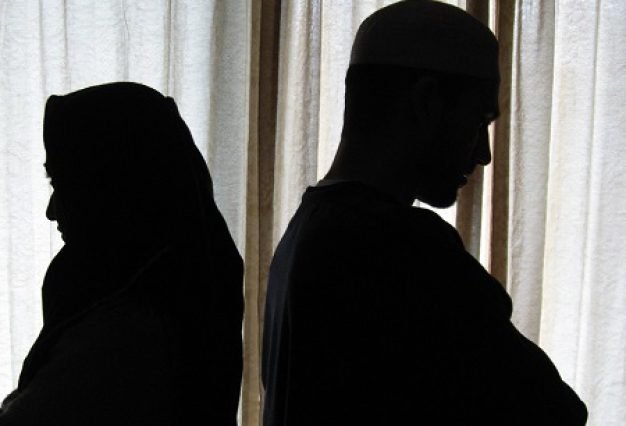Answered by Shaykh Yūsuf Badāt
Question:
Please explain the rules and conditions of ‘Iddah and importance of abiding by them.
Answer:
Jazāk Allāh Khayr Thank you for your question.
In Islam, ‘Iddah is that duration of time, a divorced or widowed woman observes, in which she does not marry, nor does she entertain proposals of marriage.
It is wājib (islamicaly mandatory) for a divorcee and widowed woman to observe the ‘Iddah.
“Divorced women shall keep themselves waiting (for the duration of the ’Iddah)” (Qur‘ān 2:228)
The ‘Iddah will be for the duration as described below:
Duration of ‘Iddah (Ritual Waiting Period)
- A divorcee who experiences menstruation will observe ’Iddah for the duration of three menstrual cycles. (See Qur‘ān 2:228)
- If the divorcee does not experience menses, her waiting period will be three months. (See Qur‘ān 65:4)
- The pregnant divorcee will remain in ’Iddah until she delivers her baby. (See Qur‘ān 65:4)
- The ‘Iddah of a widow is four months and ten days. (See Qur‘ān 2:234)
Rules During the ‘Iddah (Ritual Waiting Period)
During the ‘Iddah period, she is to go about her normal activities of daily life apart from the following:
- She should not apply perfume or adornments such as kohl, make-up etc.
- She should not adorn herself with striking beautiful attractive clothes etc.
- Refrain from accepting or offering a marriage proposal.
- Leaving the house wherein ’Iddah is performed should only be for necessity and not leisure.
(See: Mukhtaṣar al Qudūrī and Fatāwa Hindiyyah)
The ‘Iddah should be observed in the marital home where her husband issued her the divorce or where she lived with her husband, before his passing. If her safety and chastity are at stake there, then she may observe it elsewhere, where there is safety. (Dur al Mukhtār)
And Allāh knows Best




